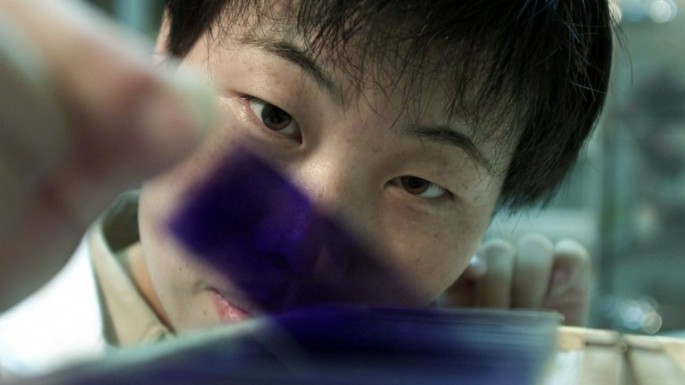Ali Health recently launched its first-ever online-to-offline (O2O) business, a Chinese newspaper reported on Thursday. Ali Health, Alibaba’s health care unit, started offering online appointments for sperm donations and selling paternity kits.
After the campaign was launched in Alibaba's Taobao unit, Ali Health revealed that 137 shoppers ordered the paternity test kits and 4,060 bought sperm vitality test strips during its July 15-17 operation.
More than 22,000 men made an appointment to donate sperm during the three-day campaign held in Beijing, Shanghai, Guangdong, Guangxi, Jiangxi, Sichuan and Shaanxi.
According to Ali Health, around 25 percent of the men who participated in the campaign were from Shanghai, followed by 24 percent from Beijing and 20 percent from Guangdong.
"In many cases, people are unwilling to make an appointment or go through checks in person. The O2O model reduced face-to-face contacts with the help of logistics services," said the campaign organizers.
The newspaper also reported that not many men have responded to calls for donations made by several sperm banks across China since April, although volunteer sperm donors can receive a payment of 3,000-5,000 yuan ($483-$805).
Based on regulations, Chinese men are allowed to donate sperm only once during their lifetime, and the donation process involves collecting sperm eight to 10 times and usually takes over 10 months.
The Ali Health campaign only requires men to provide their name, partial ID card numbers and an e-mail address to make an appointment for sperm donation in the next three months.
The company said that the test kits are useful for males in remote areas, since they can collect the sample and send the kit back to the lab via courier service SF Express. The outcome is then mailed back in 10 working days.
The healthcare unit also conducted an online survey on the ideal sperm donor, in which more than 20,000 female respondents participated.
Respondents mostly preferred donors with high IQs (7,829 votes), followed by donors with mixed race (5,684 votes), and by so-called “flower boys” (3,985). Others also prefer men with long legs (3,194) and single eyelid (1,262).



























